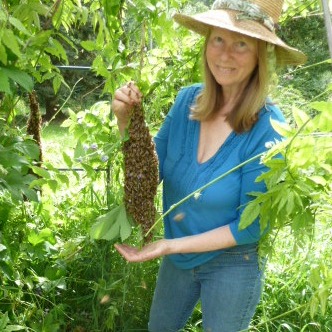Algae:
The Magic for Healthy Soil
When speaking with Jeffrey Scott, founder of Green Village Biofertilizers of Colorado, LLC, his passion for algae science and for working toward solutions to environmental degradation is immediately clear and compelling. “I first got hooked on algae over thirteen years ago when I discovered a couple from Boulder, Colorado doing some incredible work in Panama restoring slash and burn forest lands using algae as a soil amendment. I was struck with the beauty and versatility of the organism and have committed my life to finding ways to use it to improve life on this planet.”
As the former Chief Technology Officer at Genesis Biofuel, Inc., Scott designed and developed Bio Reactor Energy Systems for the purpose of capturing high emissions of gas pollution and converting these pollutants into oxygen, algal biodiesel, and biomass. His work with developing algae harvesters as a mechanism for combating environmental degradation led him to found Green Village Biofertilizers of Colorado, LLC in 2016.
Scott has dedicated the last four years to researching the benefits of algae on soil health and to developing AlgaeGrow, a proprietary blend of freshwater algae, selected fungi, soil bacteria and humates. His sister Lorrie joined the Green Village team in 2018, and with 30 years of experience in holistic health care, she brings a keen eye for marketing and is working to expand the reach of AlgaeGrowTM beyond its headquarters in Denver, down to Southern Colorado where the SOCO Virtual Farmers Market, launched earlier this year, is providing a crucial connection between local farmers and the public amidst the COVID-19 pandemic.
With the growing reliance on local farming and home gardens, Scott is introducing a line of algae-based soil amendments, biofertilizers, and bioremediators that harness the natural ecosystem of healthy soil.
Algae are Essential
evolved from cyanobacteria two billion years ago, developing into sea plants and later into rooted land plants, and permeates soil to the modern day.
This foundational microorganism lives in the topmost layers of soil and performs a range of functions. As algae contain high quantities of carbon, amino acids, nutrients, vitamins, and salts, when it dies it becomes food for soil bacteria, and other organisms that perform crucial decomposing processes in the soil. Fast-growing algae helps to loosen the soil for the formation of aggregates that retain water and support the health of the soil bacteria and other essential microorganisms.
Algae’s soil-loosening function is not only important for water retention, as Mikl Brawner explains, “Our Colorado clay soils are too often compacted; the lack of air slows down plant metabolism and often leads to fungal diseases. Our most common method of getting air into our soils by adding compost, but in our climate compost breaks down quickly.” According to Mr. Scott, “Compost always has its place in gardening, however, it often does not have the fungi and algae that are essential. The AlgaeGrowTM products do have that additional essential biology. The best case is to add AlgaeGrowTM to compost to ensure the full spectrum of microorganisms”.
At the atomic level, algae are positively charged cations which form bonds with minerals, as negatively charged anions, generating ionic bonds for mineral retention in the soil. Further, as James B. Nardi explains in his book Life in the Soil, “Algae give more to the soil community than they take. Algae nurture the soil with organic matter and nitrogen that they leave behind.”
Algae’s mineral bonding and its infusion of nitrogen and organic matter into the soil are crucial for Colorado farmers and gardeners. According to Brawner, “Our clay soils are not bad, just incomplete. They are rich in minerals important to plant growth and they have a lot of surface area, which is great for holding water and releasing it slowly to plants,” though he explains, “Most soil tests in Colorado reveal deficiency in nitrogen and organic matter.”
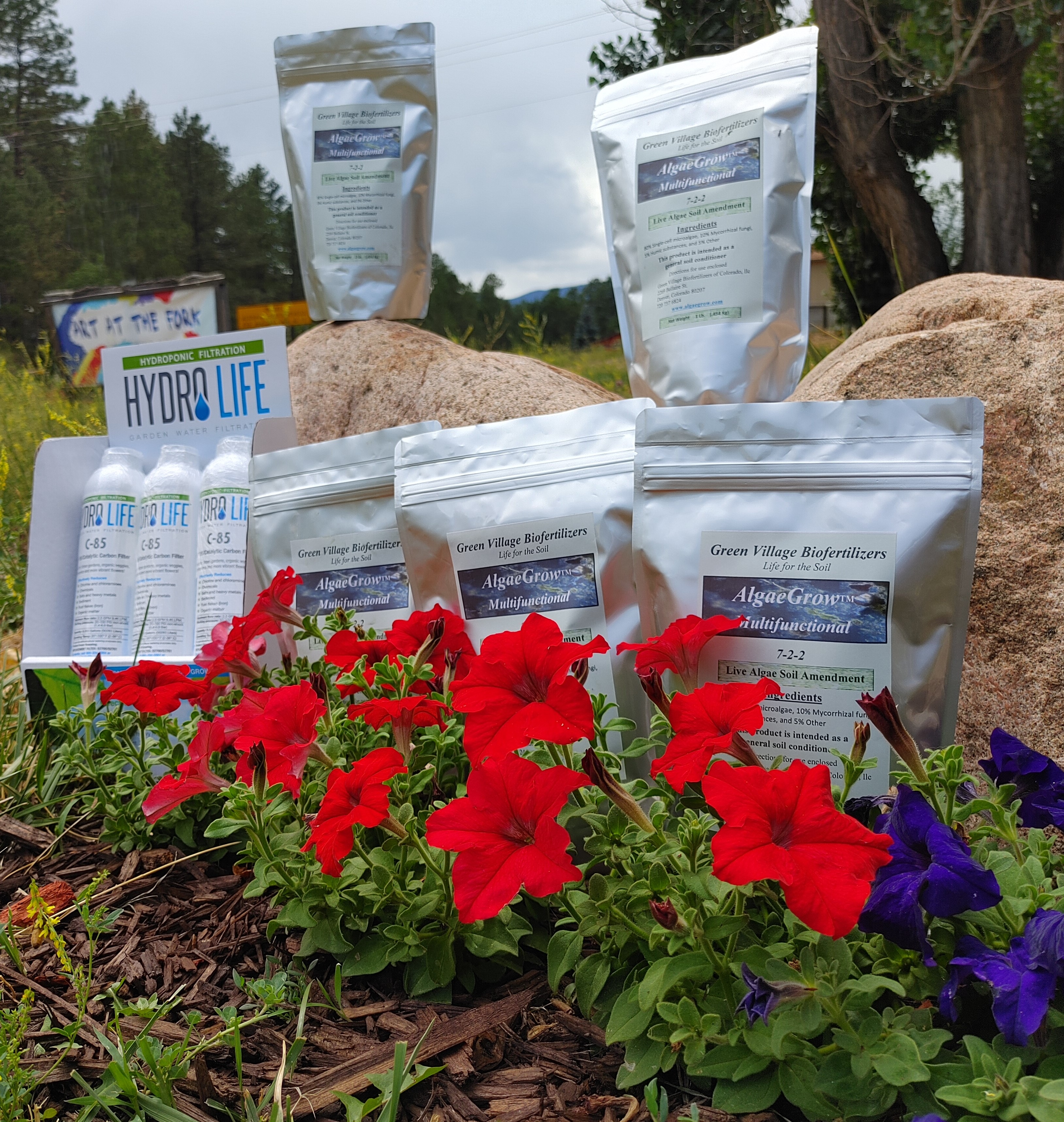
Algae and Regenerative Gardening
Discussing the necessity of large-scale regenerative agricultural
practices, Pam Sherman poses the questions, “Can we garden according to
the same regenerative principles and practices? And given that many of
us manage postage-stamp-sized lots or just pots on the porch should
gardeners even bother?” Her answer, in so many words, is an emphatic
“Yes!”
Sherman outlines several regenerative practices that
gardeners can adopt to promote healthy soil, including a warning that,
“Regular applications of synthetic fertilizers are often over-applied.
They wash downstream and pollute water. Moreover, they make a plant
‘lazy’, i.e., it makes less food for its microbial partners.”
Scott
crafted his AlgaeGrow™ products with the goal of reducing, if not
eliminating, the use of synthetic fertilizers and pesticides that not
only negatively impact the ecosystem of the soil, but of the broader
ecosystem through processes like runoff. According to Scott, “The
plants’ natural immune system is supported by healthy soil. The
AlgaeGrow™ products contain humates, also known as humic substances.
Humates contain humic acid, which supports healthy soil biology, and
fulvic acid, which is instrumental in supporting the plants’ immune
system. Because our products contain fulvic acid, they can be applied as
a foliar application to boost plant health.”
Regenerative
agriculture, and by extension regenerative gardening, is rooted in
healthy soil, and healthy soil needs algae. Scott explains, “AlgaeGrow™
products fit very well with this mode of farming, from a biological
perspective, as the more you use these products the healthier the soil
becomes season after season, and from the cultural and community
perspective, which supports sourcing healthy crops from local farmers.”
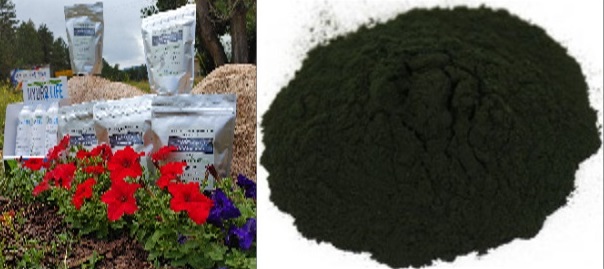
Going (and Growing) Local
Sandra Knauf emphasizes the importance of local farming and home grows
during the current COVID-19 pandemic. Knauf highlights the importance of
projects like the NOCO and SOCO Virtual Farmers Markets as critical
resources for local farmers, with the unprecedented struggles of
lockdowns and social distancing, and for community members experiencing
anxiety in the face of food shortages and crowded grocery stores.
In
her discussion of the resurgence of Victory Gardens, Knauf points out,
“Seasoned gardeners are in high-gear mode enlarging and adding beds,
while aspiring gardeners are taking their first plunge.”
Mr.
Scott shares this enthusiasm for home gardens and local farming,
particularly in the contemporary moment, “I can think of few experiences
that are as rewarding as working in the soil, planting seeds and
watching the amazing growth process. At this point in time, I think it
is an essential to ensure healthy foods for the family. Victory Gardens
have had a long history in our country dating back to the first World
War. At Green Village we strive to provide all you need with our Victory
Garden Kits, including access to Mad Scientist videos and more.”
You can get your own Victory Garden AlgaeGrow™ kit at www.algaegrow.com.
Subscribe to Beyond 50's Radio Updates!
Beyond 50 values your personal information. Your email will
not be used, sold, or
shared with any outside party.
Related Interviews:
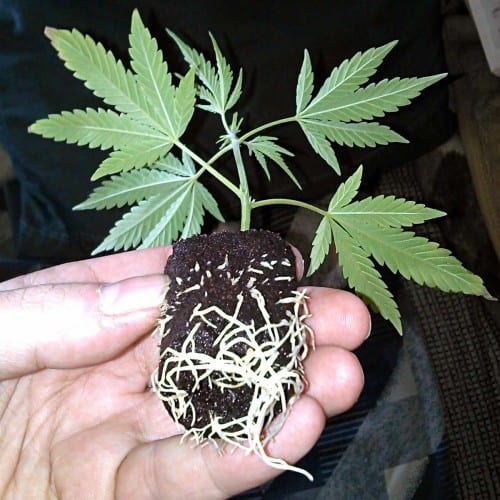
High Quality Soil for Growing Cannabis for CBD Production
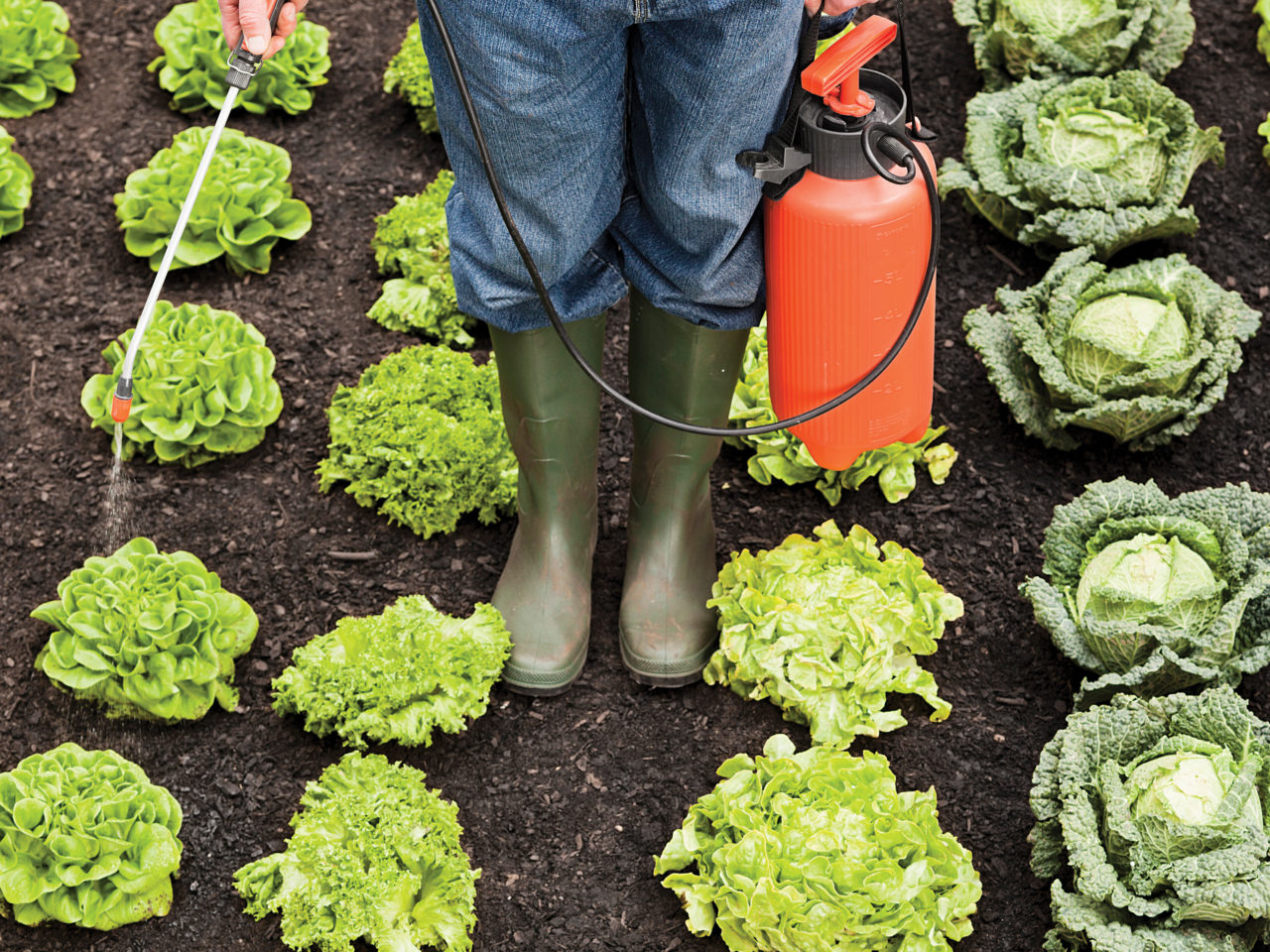
Are You Allergic to Glyphosate?
